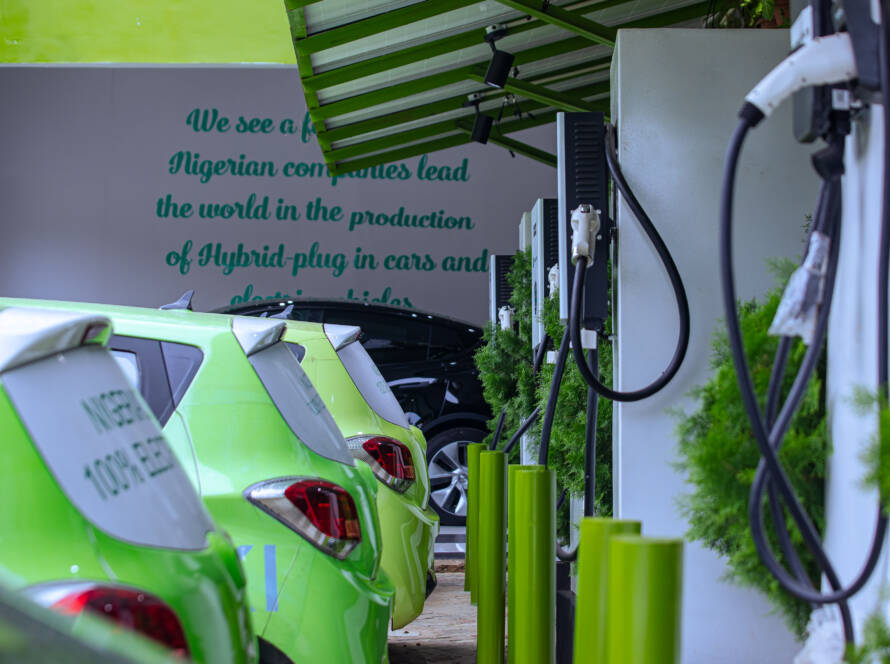A major economic and industrial transformation is happening in Nigeria and Africa today, fueled by innovation, sustainability, and the promise of a greener, climate-friendly future. Electric vehicles are at the heart of the transition to a sustainable economy powered by clean energy. And we believe one key driver that will propel this shift is asset financing.
In this article, we delve into the transformative role of asset financing in promoting electric vehicles in Nigeria, shedding light on how Possible EVS is spearheading the journey towards a cleaner, more sustainable transportation ecosystem.
Accessible and Affordable Mobility
In a country like ours, traditional financing options are almost always never accessible. Asset financing might be the only way to give funding opportunities that were once out of reach to ordinary Nigerians.
Regarding the adoption of electric vehicles in Nigeria, our motto at Possible EVS is “Leaving no one behind.” We recognize the importance of making electric vehicles accessible to every Nigerian, regardless of their financial circumstances. Through our innovative asset financing model, we empower individuals and businesses to overcome financial barriers and embrace the benefits of electric mobility.
Consider the story of Mr. Ade, a small business owner in Lagos with a dream of transitioning his delivery fleet to electric vehicles. But due to limited access to traditional financing, Mr. Ade is left with no hope of realizing his vision. Enter Possible EVS’s asset financing,
With our robust asset financing model, providing flexible payment options and tailored financing solutions, our goal is to sure that anyone like Mr. Ben who wishes to buy an EV is never constrained by finances.
Driving Economic Growth
Beyond individual benefits, asset financing plays a pivotal role in driving economic growth and fostering entrepreneurship in Nigeria. By facilitating access to electric vehicles, we empower entrepreneurs and businesses to thrive in a rapidly evolving market landscape. Whether it’s e-taxi operators, delivery services, or logistics companies, electric vehicles offer a competitive edge, reducing operating expenses, enhancing efficiency, and attracting environmentally conscious customers.
Take the case of Ms. Oge, a young entrepreneur in Abuja who dreams of launching her own e-taxi service. With limited capital and resources, Ms. Oge also faces an uphill battle in securing financing for her venture. However, with Possible EVS’s asset financing program, Oge can now easily asses funds needed to start and grow her business. By acquiring an e-taxi fleet through our financing solution, Ms. Oge will get the funds she needs to realize her entrepreneurial ambitions and also contribute to job creation, environmental sustainability, and economic development in her community.
Environmental Stewardship
At Possible EVS, our commitment to environmental stewardship is at the core of everything we do. Through our asset financing model, we drive the adoption of electric vehicles, significantly reducing carbon emissions, air pollution, and reliance on fossil fuels. With Nigeria facing pressing environmental challenges, including urban congestion and air quality concerns, the transition to electric mobility offers a path towards a cleaner, healthier future for all.
Consider the potential impact of our asset financing program on reducing emissions in Lagos, one of Africa’s largest and most congested cities. By incentivizing the adoption of electric vehicles among commercial fleets, we can mitigate traffic congestion, improve air quality, and enhance the overall livability of urban environments. Through strategic partnerships and community engagement initiatives, we raise awareness about the benefits of electric mobility and inspire others to join us in building a more sustainable Nigeria.
Through our innovative asset financing model, we break down financial barriers, ignite economic growth, and pave the way for a more sustainable tomorrow. Join us on this journey towards a brighter, cleaner Nigeria—for ourselves, for our children, and for generations to come.


